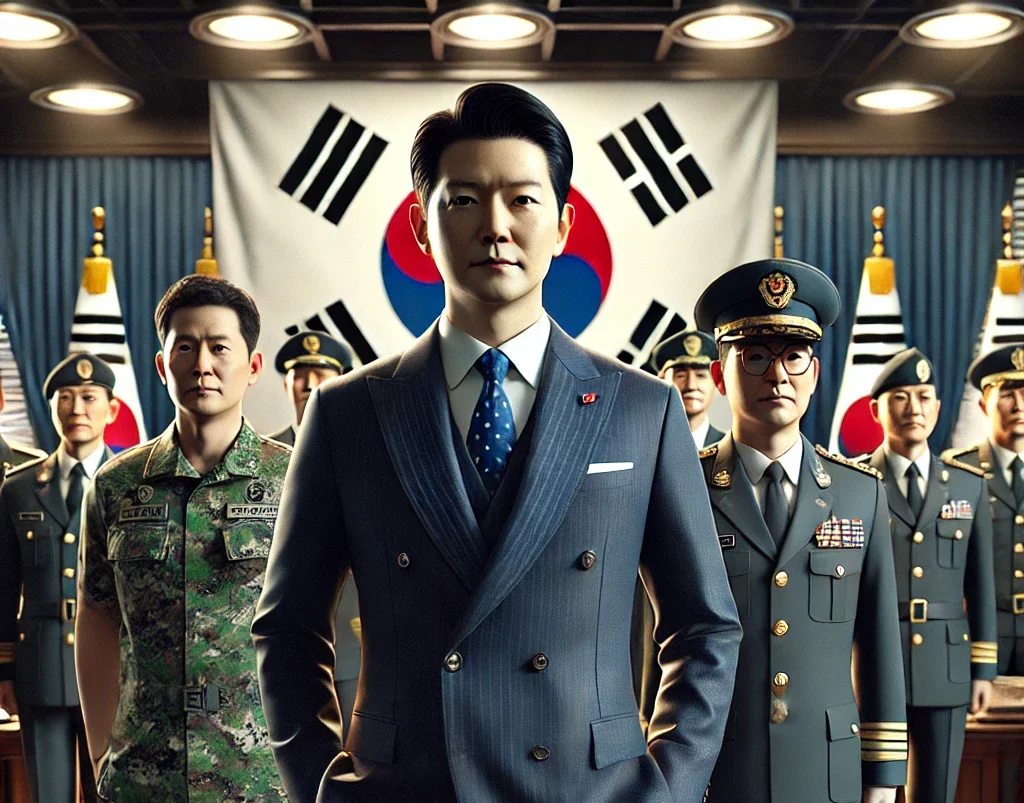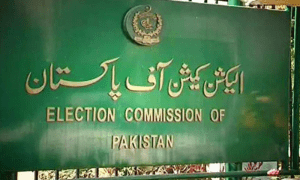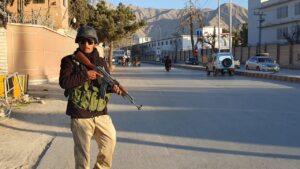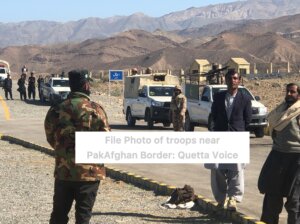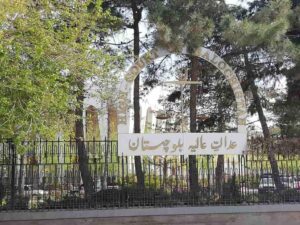Monitoring Desk:
SEOUL: In a rare and unexpected move, South Korean President Yoon Suk Yeol announced martial law late Tuesday night, vowing to eliminate “pro-North Korean anti-state forces.” This marked the first imposition of martial law in the country since 1980.
The announcement, delivered during a live broadcast on YTN television, has sparked widespread concern across South Korea. President Yoon claimed the measure was necessary to protect the nation’s free and constitutional order, accusing opposition parties of undermining parliamentary processes and pushing the country into turmoil.
Restrictions Under Martial Law
Yonhap News Agency reported that martial law regulations include halting parliamentary activities, banning political party operations, and placing media outlets under strict military control. However, Yoon did not cite any immediate threats from North Korea, focusing instead on domestic political challenges.
Economic and Political Impact
The surprise declaration rattled financial markets, with the Korean won sharply losing value against the US dollar. The central bank is reportedly preparing measures to stabilize the economy if necessary.
The White House has yet to issue a statement on the development. Meanwhile, US military officials in South Korea, where 28,500 troops are stationed as a deterrent against North Korea, have not responded to inquiries.
President Yoon’s Justification
“I am taking this step to protect the Republic of Korea from North Korean communist threats and to eradicate those who undermine the freedoms and happiness of our people,” Yoon said during his address.
This historic decision has raised concerns about South Korea’s democratic institutions, which have been a cornerstone of the nation’s progress since transitioning from authoritarian rule in the 1980s.
Global and Domestic Reactions
The martial law declaration has sent shockwaves through South Korea and the international community, with many questioning its implications for the country’s democratic future.
